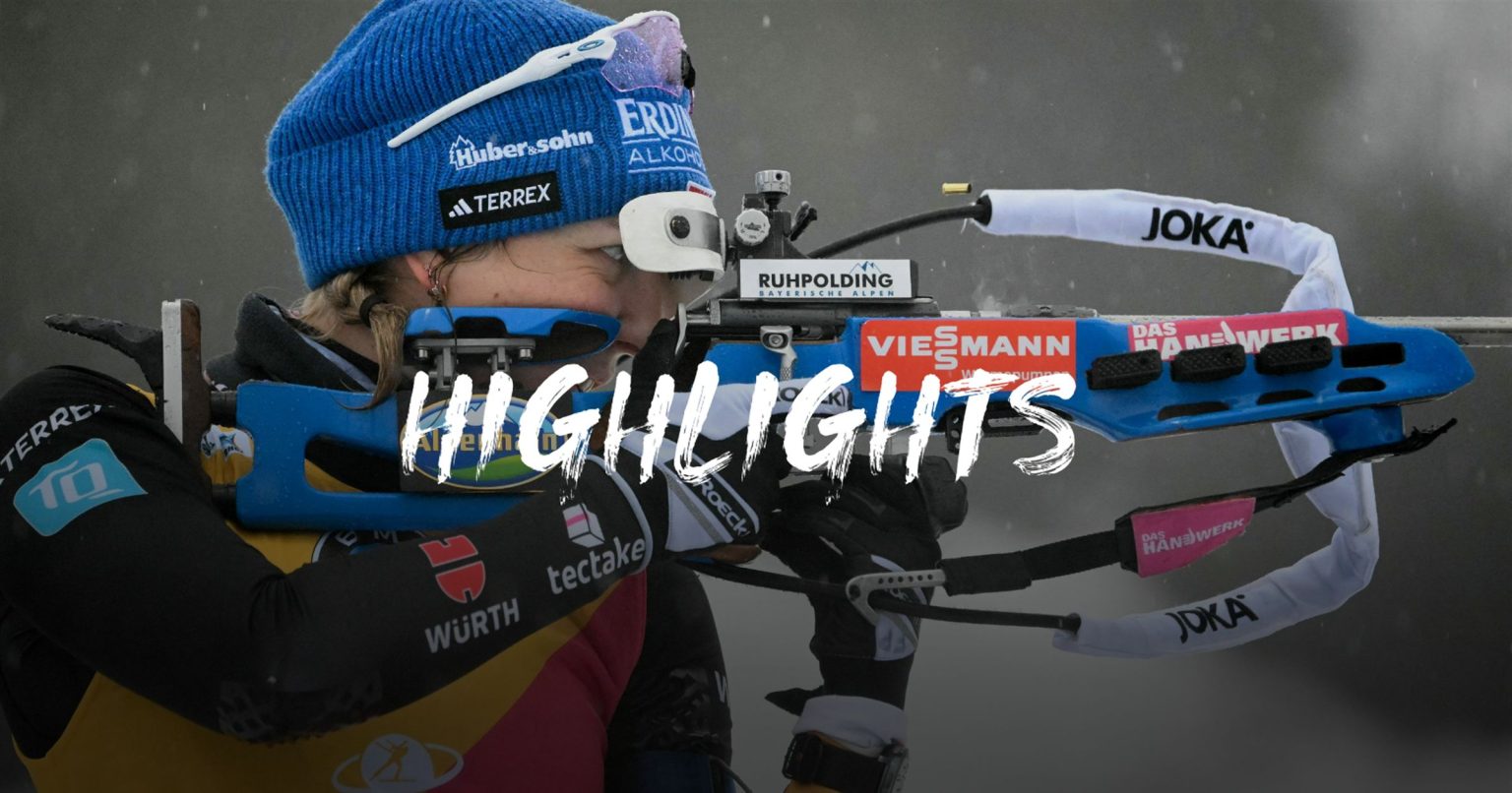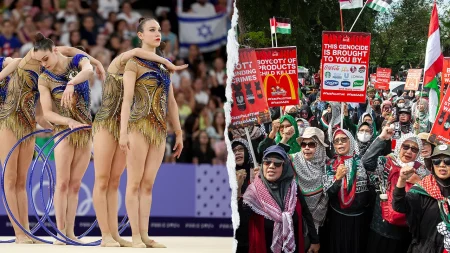Paula Botet’s triumph in the Oberhof women’s 7.5 km sprint biathlon marked a significant milestone in her career, securing her maiden World Cup victory and etching her name into the annals of biathlon history. This victory wasn’t simply a personal achievement; it also showcased the growing strength of French biathlon on the world stage, a testament to the dedication and development programs that have nurtured talents like Botet. The Oberhof course, known for its challenging terrain and demanding shooting range, provided a fitting backdrop for this breakthrough performance, adding further luster to Botet’s accomplishment. The race itself unfolded as a tense and closely fought battle against a field of elite competitors, ultimately culminating in Botet’s decisive victory.
The 7.5 km sprint format demands a unique combination of speed, endurance, and precision, requiring athletes to maintain a blistering pace on the skis while simultaneously composing themselves for accurate shooting at the range. Each missed shot incurs a penalty loop, adding precious seconds to an athlete’s time and often making the difference between victory and defeat. Botet’s performance demonstrated a masterful balance of these crucial elements, showcasing her prowess on the skis and her steely nerves under pressure at the shooting range. Her strategic pacing and efficient transitions between skiing and shooting likely contributed significantly to her success, allowing her to conserve energy and maximize her performance in both disciplines.
Maren Kirkeeide of Norway, a seasoned competitor with a strong track record in the World Cup circuit, finished in second place, highlighting the high level of competition Botet faced in Oberhof. Kirkeeide’s presence on the podium underscored the ongoing dominance of Norwegian biathlon, a nation that has consistently produced world-class athletes in the sport. Her performance served as a reminder that even in the face of emerging talents like Botet, established competitors continue to push the boundaries of the sport, ensuring a constant and thrilling pursuit of excellence.
Milena Todorova’s third-place finish represented a remarkable achievement for Bulgarian biathlon, showcasing the growing competitiveness of the sport beyond traditionally dominant nations. Todorova’s performance brought international attention to the rising talent within Bulgarian biathlon, signaling the potential for further success on the world stage. Her bronze medal served as an inspiration to aspiring biathletes in Bulgaria and other developing biathlon nations, demonstrating that with dedication and perseverance, it is possible to compete and excel at the highest level.
Botet’s victory, earned against such formidable competition, adds significant momentum to her career trajectory and establishes her as a force to be reckoned with in the world of biathlon. This win not only serves as a personal triumph but also underscores the strength and depth of the French biathlon team. It provides a powerful platform for Botet to build upon in future competitions and sets the stage for further success in the years to come. The Oberhof victory will undoubtedly boost her confidence and inspire her to continue pushing her limits in pursuit of further accolades.
The Oberhof race, with its dramatic finish and the emergence of a new champion, encapsulates the dynamic and exciting nature of biathlon. The combination of physical endurance, tactical acumen, and precision shooting creates a compelling spectacle for viewers, showcasing the diverse skillset required to succeed in this demanding sport. Botet’s victory, along with the strong performances of Kirkeeide and Todorova, provides a glimpse into the future of biathlon, with a new generation of athletes poised to challenge established hierarchies and elevate the sport to even greater heights. This competition served as a reminder of the constant evolution of biathlon and the thrilling unpredictability that keeps fans captivated.















